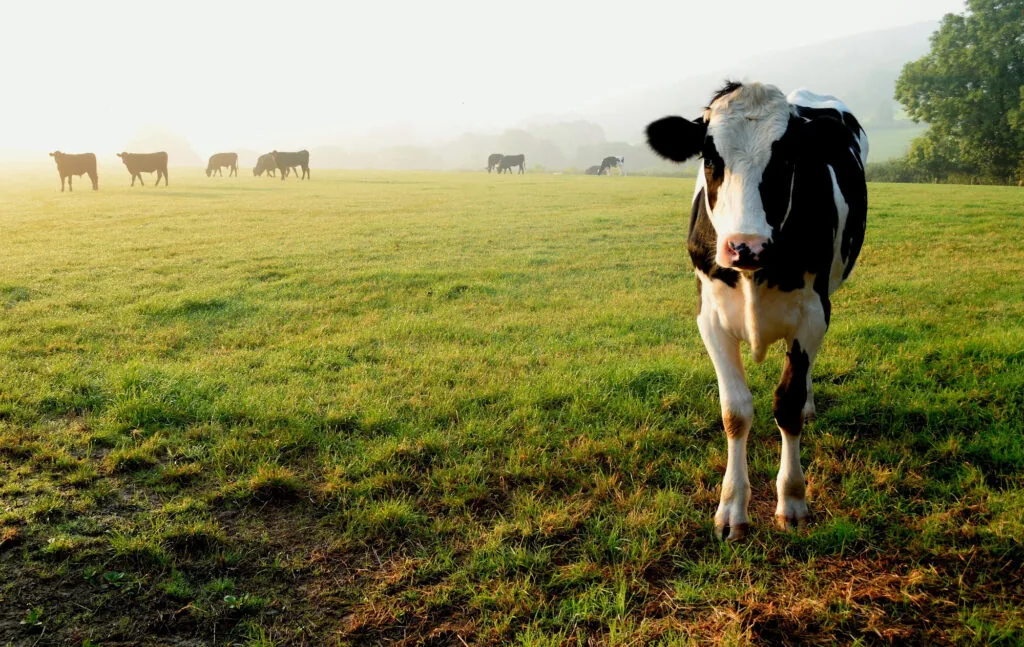
Conservation covenant: What’s it all about?

By Danielle Spalding, Edward Venmore
30 Mar 2022 | 4 minute read
As part of our podcast series Experts in the Field we have been considering environmental land management schemes and the transition away from the EU based subsidy regime. This week we are looking at conservation covenants.
What is a conservation covenant?
Conservation covenants are a new legal tool introduced by the Environment Act 2021, which received Royal assent on 9 November 2021 (though not all of the Act will come into effect at once). Conservation covenants are used in some other common law jurisdictions (in Scotland and New Zealand for example) as a means of preserving habitat and improving the environment. Following a Law Commission report in 2014 and public consultation, conservation covenants were included in the Environment Act 2021 at section 7.
These are private, voluntary agreements, made in writing, which the Government hopes will be used by landowners, conservation organisations and developers to achieve a mutually beneficial end of an improved environment within a robust legal framework.
Currently, only restrictive covenants would automatically run with the land (instead of being personal agreements between owners) and they must generally benefit adjacent land. Covenants for the public good and positive covenants are not for the most part capable of binding subsequent owners.
In practice, passing positive covenants on to successive owners creates some complicated arrangements, for example sales of part of the land involved, leasing land back to its seller, or obtaining deeds of covenant on each disposal. These can be effective but are often also expensive and difficult to arrange or maintain.
More detail will be needed to clarify both 'conservation' and 'public good' which are very broad and not fully defined. The Government is expected to issue both regulations and non-statutory guidance on these terms.
What we know so far is that to be a conservation covenant the following criteria will need to be met: -
- The agreement should be made by someone with a 'qualifying interest' in the land – either a freeholder or the tenant under a lease of seven years or more – and a 'responsible body'. The criteria for defining a responsible body are not available yet, but they can be a government body or agency, charity or private sector company whose main purpose or function is conservation.
- It should contain a provision for something to be done or not done for a conservation purpose for the 'public good'. This is the 'covenant' element. The covenants can be a positive obligation to use the land for a particular purpose, or a negative one, to prevent actions which may have a negative environmental impact. One agreement can have both positive and negative covenants and can set out ancillary rights such as access, payments and maintenance.
As mentioned above, these will be private agreements negotiated between landowners and responsible bodies, and as such are open to negotiation. There are some key points which may be useful to note:
- Parties can agree a time-limit to the obligations, but unless the agreement states a term the default is that conservation covenants will continue indefinitely.
- Its terms can be modified or ended by agreement of the parties, or if there is a dispute between them then ultimately it would be possible to refer the matter to the Upper Tribunal of the Lands Chamber for decision.
- Once completed, the covenant will be registered as a Local Land Charge.
- Agreements are private and therefore will not be monitored by the government, and responsible bodies will not have statutory rights of entry onto the land. Non-performance will be enforced through the Courts by the parties. As cash may not remedy a breach of conservation covenant, remedies could include injunctions and specific performance.
- There will not be public funding for conservation covenants, and payments for conservations, works and maintenance will need to be funded the by the parties. As responsible bodies can be private companies it will be prudent for landowners to check they are property managed and solvent before establishing long-term arrangements, particularly where the agreement allows assignment.
- Agreements can be assigned by the responsible bodies, though the parties can agree to limit this on a case-by-case basis.
- Neither tenants nor landlords will need to secure approval from each other to enter into a covenant because tenants cannot act beyond the limits of their powers and obligations set out in the tenancy agreement.
Conservation covenants require a long-term approach and call for developers, charities and landowners to think about the ecological impact of their decisions in the round. They are a part of the wider changes brought about by both the Environment Act 2021 and the Agriculture Act 2021 and fit with the introduction of Biodiversity Net Gain obligations for developers, which is the topic of next week's podcast and DEFRA's Environmental Land Management schemes.
The are many unknowns at this stage which will become clearer with further regulation and guidance from the government, and with practical application but please do listen to our podcast series which brings you topical rural updates on a weekly basis.
You can read our previous article on Food Production v the Environment from a few weeks ago here.













